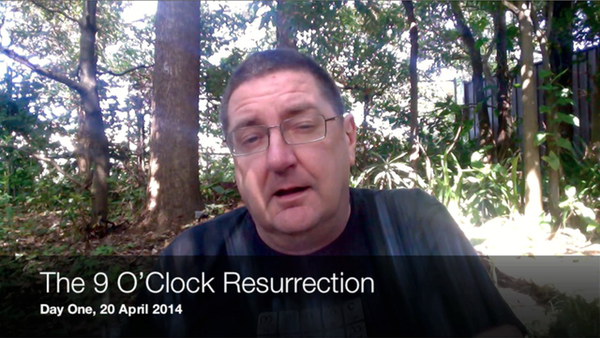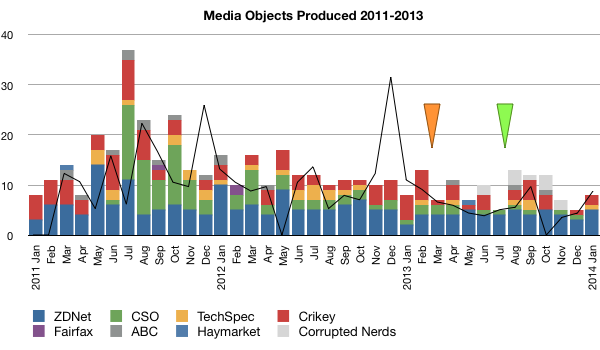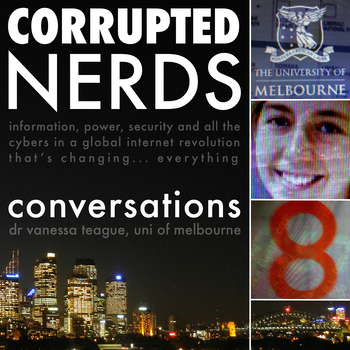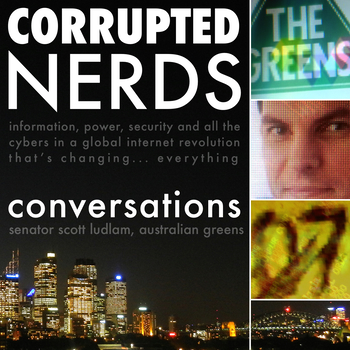 I’ve decided that my podcast The 9pm Edict should be a thing again, and so yesterday morning I launched a Pozible crowdfunding campaign entitled The 9 O’Clock Resurrection to make it happen.
I’ve decided that my podcast The 9pm Edict should be a thing again, and so yesterday morning I launched a Pozible crowdfunding campaign entitled The 9 O’Clock Resurrection to make it happen.
This post is “belatedly” because it’s already more than a day since I launched the campaign, and already people’s commitments are more than a third of the way to the initial target, which is to fund two episodes in May. Thank you.
I’d really like to do the podcast weekly, however, and beyond May. So that’ll mean more funding than the initial target, and more of the supporters to commit to a monthly subscription. It’s much the same model as that used by community broadcasters here in Australia, or public broadcasters in the US, as I said when I spoke about my first Pozible campaign on ABC Radio National’s Media Report.
This new Pozible campaign runs until 29 April. I’ll be making a video each day to report progress. The first is watchable on YouTube, and the rest will appear in the YouTube playlist, and I’ll figure out some other methods tomorrow.
Continue reading “Announcing (belatedly) The 9 O’Clock Resurrection”


 Back on 13 December I was a guest for the recording of the
Back on 13 December I was a guest for the recording of the 
